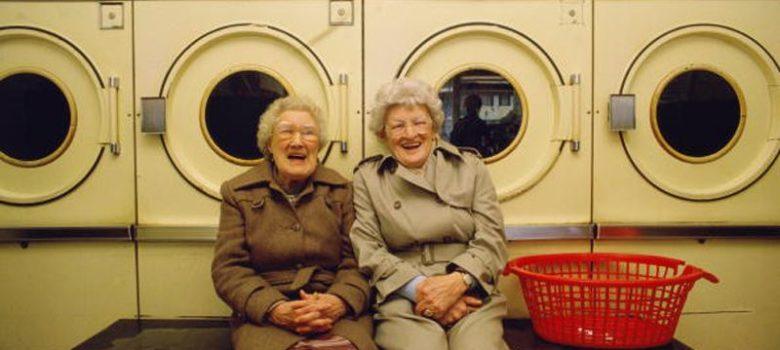

Brain Matters: Staying Social to Help Stave off Dementia
by David Merrill
It’s increasingly recognized that memory function with aging is affected by general physical health — everything including blood pressure, blood sugar, hormone status, nutritional status and inflammation. All these factors may drive memory loss.
If you are concerned about potential memory loss, either for yourself or a loved one, I encourage you to seek an evaluation, and the earlier, the better. With identification and correction, it may be possible to help stabilize brain function over time.
The current statistics about dementia, which affects memory and thinking, are pretty dire. The World Health Organization (WHO) estimates that there are approximately 50 million people worldwide living with dementia and in May 2019, released a new set of guidelines with detailed recommendations about how to reduce risk. These include doing regular physical activity, adopting a healthy well-balanced diet, avoiding or cutting back on drinking and smoking, and staying social.
It’s never too early — or too late — to start practicing these healthy lifestyle habits. Healthy aging is possible and achievable.
In taking care of the physical aspects of risk reduction, the benefits of social engagement are sometimes overlooked. In my practice as an adult and geriatric psychiatrist, I see that social isolation can be a major driver of anxiety and depression. While the direct correlation to dementia is less clear, experience does point to social withdrawal and loneliness as components that hasten cognitive decline and dementia.
Because dementia can manifest over a period of many years, it can be considered a chronic condition. So developing and/or maintaining a positive and stimulating social support network throughout a lifetime is important. It can help keep you engaged and improve your mood, which can then lead to improved self-care and better overall health.
Today’s the day to start a new habit, take that first step to stave off dementia and your brain will thank you for it!
For more information, please contact the Pacific Brain Health Center at 310-582-7641 or go to our website to schedule a consultation.
Adapted from the original article published in the July 2019 issue of the Santa Monica Star.

David Merrill, MD, PhD, is director of the Pacific Brain Health Center at Pacific Neuroscience Institute. As an adult and geriatric psychiatrist, he specializes in treating patients suffering the behavioral health sequelae of age-related neurodegenerative disorders such as Alzheimer’s disease and Parkinson’s disorder, as well as alleviating depression and cognitive dysfunction within the context of aging.
About the Author

David Merrill
David Merrill, MD, PhD, is director of the Pacific Brain Health Center at Pacific Neuroscience Institute. As an adult and geriatric psychiatrist, he specializes in treating patients suffering the behavioral health sequelae of age-related neurodegenerative disorders such as Alzheimer’s disease and Parkinson’s disorder, as well as alleviating depression and cognitive dysfunction within the context of aging.
Last updated: August 2nd, 2019